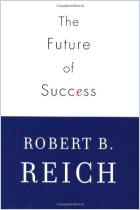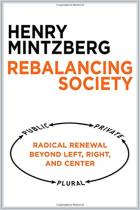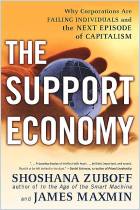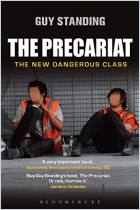Recommendation
This provocative series of Yale lectures by noted sociologist Richard Sennett examines the ways that contemporary capitalism is reshaping workers’ career and political choices. Contemporary capitalist organizations – with their short-lived teams, and emphasis on change and flexibility – demand a new type of employee. They call for someone who can work with temporary connections, unattached to the past, and focus on talent and potential, not skill, achievement or experience – a strange, arguably perverse kind of individual. Proponents of this shifting, unstructured kind of capitalism say it is liberating. However, Sennett contends that, in fact, it makes employees more insecure and less free, and devalues their knowledge and usefulness. He accurately, concisely captures the essential features of the new capitalist enterprise. Anyone who has followed management literature over the past two decades knows about its emphasis on continuous learning, adaptability and change, and might find Sennett’s analysis of its unintended consequences quite revealing. getAbstract thinks Sennett is at his best when he raises a question that management writers often ignore: how does the demand for these traits affect individuals and society?
Summary
About the Author
Richard Sennett teaches sociology at the Massachusetts Institute of Technology and the London School of Economics. His recent publications include The Corrosion of Character and Respect in a World of Inequality.






















Comment on this summary